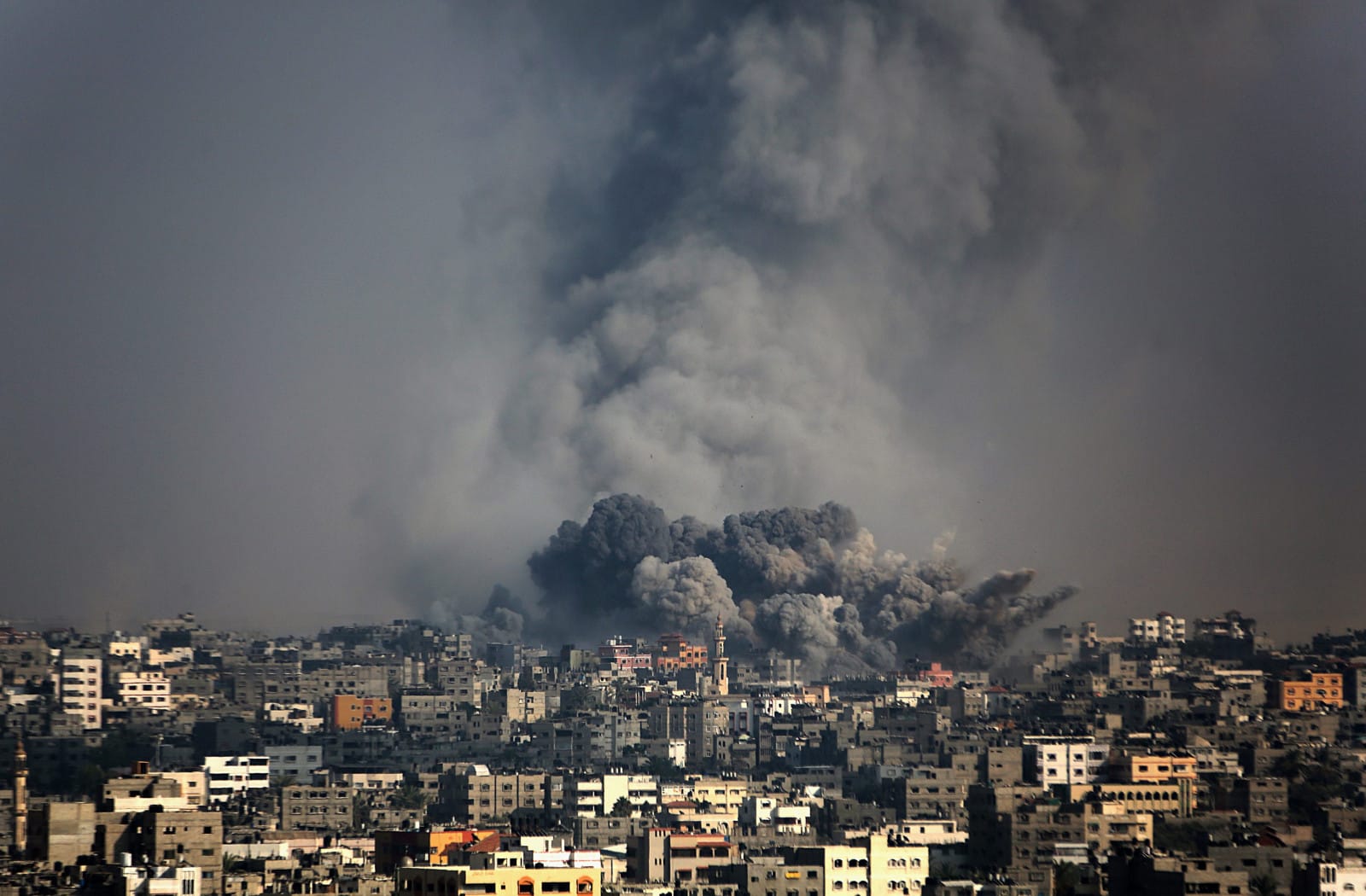Former President Donald Trump recently addressed the ongoing conflict in Gaza, stating his opinion that the area needed to be “cleaned out.” During a public address, he also urged Arab countries to accept more refugees displaced by the conflict. The remarks, delivered without specific details, have quickly become a focal point of discussions surrounding the humanitarian crisis in the region and the geopolitical dynamics influencing the situation. While he did not elaborate on the precise actions that would constitute a “clean out,” his phrasing has generated considerable debate amongst political analysts and international relations experts. The lack of clarification regarding the parameters of such an operation raises questions about the practicality and potential consequences of such a strategy. The international community, including relevant organizations and nations with interests in the area, is closely monitoring the evolution of the situation and reactions to the former president’s statements. The specific Arab nations that Trump believes should take in more refugees were also not identified during his comments. The call for increased refugee acceptance has brought to the fore the complexities surrounding refugee resettlement, especially in the context of pre-existing challenges in the region. The logistical and political hurdles associated with relocating significant numbers of people into neighboring countries are considerable, often requiring extensive resources and international cooperation. Moreover, the capacity of receiving countries to handle an increased influx of refugees without further exacerbating existing social and economic challenges is a central concern. The issue also raises questions about the long-term integration of displaced populations and their eventual return, if circumstances allow. The international framework for refugee protection, established through treaties and conventions, provides a baseline for how such situations should be approached. These frameworks emphasize the principle of non-refoulement, which prohibits the return of individuals to places where they face persecution or threat. The geopolitical impact of Trump’s comments extends beyond the immediate humanitarian concerns. Any potential escalation of tensions or alteration of the existing balance of power in the region could have wider ramifications. The various stakeholders in the region, including states, non-state actors, and international organizations, have diverse strategic objectives. The statements made by the former president have triggered discussions regarding their potential effects on the wider Middle East region and beyond. The international community is now looking to gauge whether any concrete actions will stem from Trump’s commentary. The comments come at a sensitive time as ongoing efforts are being made to address the humanitarian crisis and to potentially resolve the conflict peacefully. The international community remains engaged in finding solutions that would alleviate suffering and achieve stability in the region. The former president’s remarks have introduced another level of complexity into an already convoluted situation. The extent of their influence on future events will depend on various factors including the reactions of relevant actors and how the narrative unfolds in the coming days and weeks. The statements highlight the divergent perspectives that exist regarding how the situation should be managed, both within the United States and among international players. The implications for future policy and international cooperation are likely to become more apparent in the near future, as nations and organizations respond to these recent developments.
Former President Trump Addresses Gaza Situation, Suggests Regional Relocation



